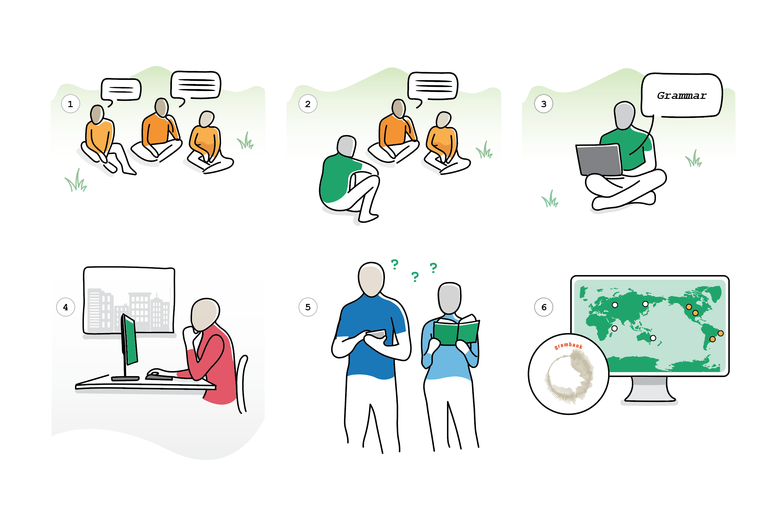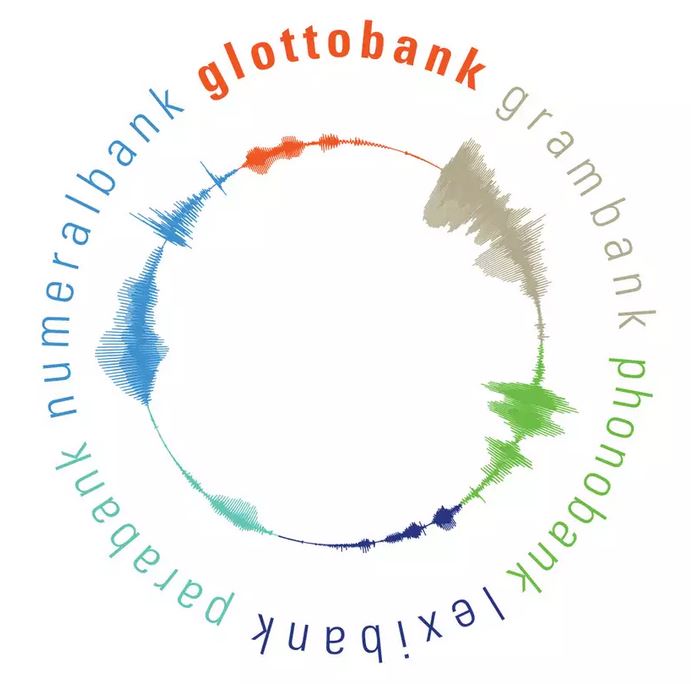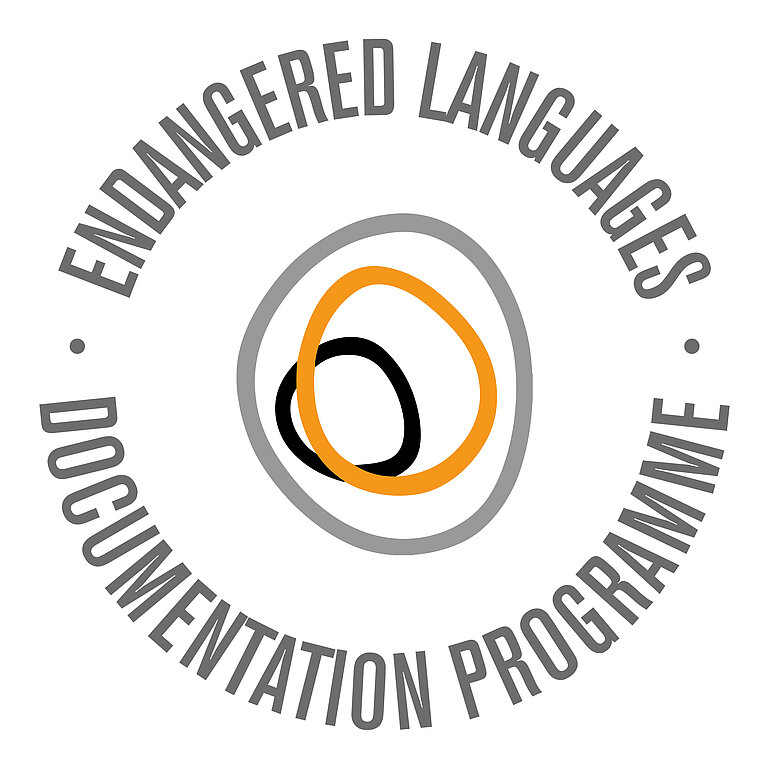Glottobank - ELDP small grants

The Department of Linguistic and Cultural Evolution (DLCE) at the Max Planck Institute for Evolutionary Anthropology together with the Endangered Languages Documentation Programme (ELDP) at the Berlin-Brandenburg Academy of Sciences and Humanities offer small grants to support data collection and analysis on under-documented and endangered languages. The aim of the funding is to support projects which will be contributing data to Lexibank, Grambank and Numeralbank and require fieldwork to do so. Our focus is on filling the gaps in the respective banks. Therefore, the applications will be evaluated with regard to:
- the relevance of the language for Lexibank, Grambank and Numeralbank
- the descriptive status and endangerment of the language
- the applicant's ability to carry out the proposed project
- the appropriateness of the methods for compiling the required data
- the appropriateness of the requested budget
Priority will be given to projects collecting data for languages with little or no description, and for which little or no information exists in Lexibank, Grambank or Numeralbank. If there are already grammatical descriptions and publications available on a given language then a clear argument explaining why further data collection is necessary should be made.
Lexibank
Lexibank is a large-scale database project focused on vocabulary across multiple semantic domains. Proposals for Lexibank contributions should include thematic word lists that are relevant to the region and/or family of the given language.
You can read more about Lexibank in the release paper here.
Numeralbank
Numeralbank is a database of numerals, i.e. words for counting and expressing quantity. All grantees will be expected to contribute basic numerals data for their proposed language (cardinals and ordinals insofar as they exist in the proposed language). Proposals for contributions to Numeralbank could include investigations of other types of quantification in the language system and other information related to counting and quantification.
Grambank
Grambank is a database of structural features. The features included are similar to those found in the World Atlas of Language Structures ("Are there definite articles?"). There are 195 features in the Grambank questionnaire spanning all major domains of grammar usually described in grammatical work (aspect, negation, case marking, word order etc). Languages are typically included in Grambank based on reading existing descriptions. The first-hand data-collection each applicant uses can vary. The methods should be the kind of methods used when writing a grammatical sketch, i.e. they may include considering elicitation stimuli sets such as those from MPI-Nijmegen or MPI-EVA, theLingua questionnaire, Dahl's TAM-questionnaire, Jazyki Mira etc.
Read more about Grambank in our release paper here.
Applications
We accept applications from any applicant, regardless of location. The application rounds for 2021 and 2022 are closed. The 2023 application round for a start in 2024 has just opened. Please follow this link to submit an application.
If you are not ready to apply yet, or the current round is closed, you can submit your email in this form and we'll message you next year when the next round opens.
We recommend that in preparation for your application you visit the page for the language in question on Glottolog and study the classification of the language, the resources listed etc. If you have disagreements or adjustment suggestions, include that in your application. Glottolog is the central language classification database that the others refer to.
If you have already collected data on a relevant language, information or currently have funding for data collection on a relevant language, this may not be the grant for you. However, there may be other opportunities to contribute your valuable data to Glottobank, and it may be possible to work out another arrangement that does not involve novel data collection. This would be outside of the scope of the current grant programme. In this case, please contact us.
Contact: dlce_eldp@[>>> Please remove the text! <<<]eva.mpg.de

